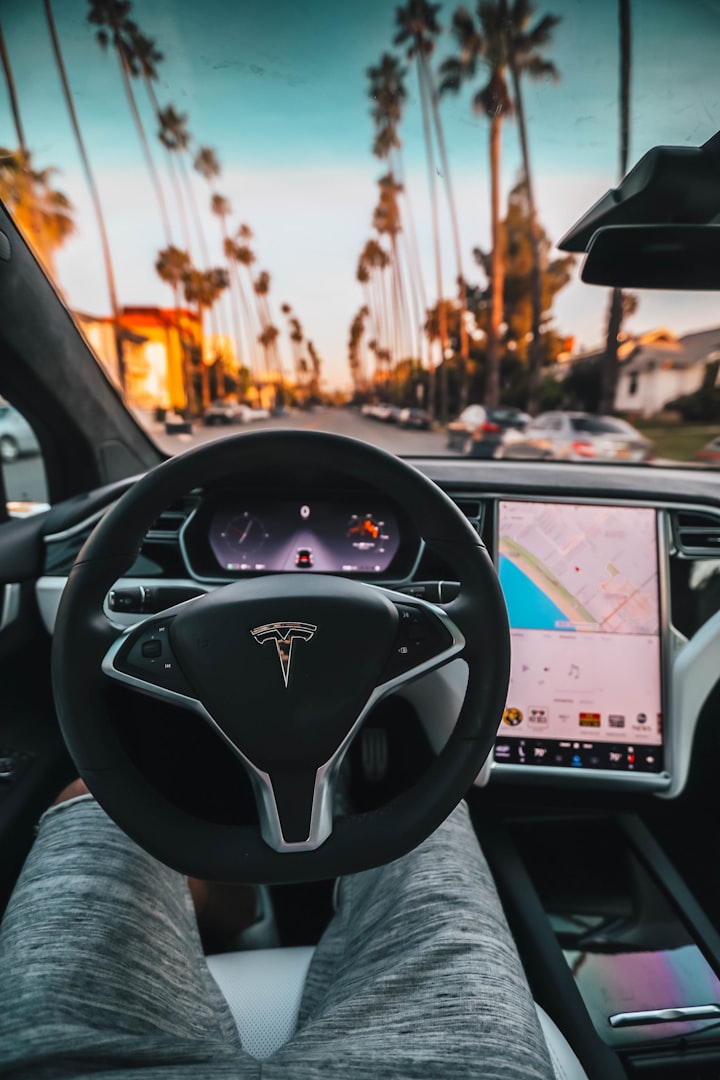
Tesla, the revolutionary electric car company founded by Elon Musk, has been at the forefront of innovation in the automotive industry. Among its many groundbreaking technologies, one of the most anticipated is Full Self-Driving (FSD) capability. This technology promises to revolutionize transportation as we know it, ushering in an era where cars can navigate roads autonomously, without human intervention. In this article, we'll explore what Tesla's Full Self-Driving technology entails, its current status, potential implications, and the road ahead.
### Understanding Tesla's Full Self-Driving Technology
Tesla's Full Self-Driving technology is built upon a sophisticated neural network that processes vast amounts of data from sensors, cameras, and radar. These sensors provide the car with a comprehensive view of its surroundings, allowing it to perceive and understand the environment in real-time. Using advanced machine learning algorithms, the car can interpret this data to make decisions such as steering, accelerating, and braking, all without human input.
The cornerstone of Tesla's FSD technology is its Autopilot feature, which enables advanced driver-assistance capabilities such as lane-keeping, adaptive cruise control, and automatic lane changes. With each software update, Tesla vehicles equipped with FSD receive improvements and new functionalities, bringing them closer to true autonomy.
### Current Status and Challenges
As of now, Tesla's Full Self-Driving capability is in its beta phase, with a limited number of users participating in the testing program. While the technology has shown promising results, there are still significant challenges to overcome before it can be widely deployed.
One major challenge is ensuring the safety and reliability of autonomous driving systems. While Tesla's FSD technology has demonstrated impressive performance in various conditions, it is not infallible. There have been instances of accidents and near-misses involving Tesla vehicles using Autopilot, highlighting the need for continuous refinement and rigorous testing.
Regulatory approval is another hurdle that must be addressed before FSD can be deployed on a large scale. Governments around the world are grappling with the complexities of regulating autonomous vehicles, including liability issues, safety standards, and ethical considerations. Achieving widespread regulatory approval will require collaboration between automakers, policymakers, and other stakeholders.
### Implications of Full Self-Driving
The widespread adoption of Tesla's Full Self-Driving technology could have profound implications for society, the economy, and the environment. Here are some potential impacts to consider:
**1. Safety:** Proponents of autonomous driving argue that it has the potential to significantly reduce traffic accidents and fatalities by eliminating human error, which is a leading cause of accidents.
**2. Mobility:** Full Self-Driving technology could improve access to transportation for people who are unable to drive due to age, disability, or other factors, thereby enhancing mobility and independence.
**3. Efficiency:** Autonomous vehicles have the potential to reduce traffic congestion and improve the efficiency of transportation systems by optimizing routes and reducing the number of vehicles on the road.
**4. Environmental Benefits:** Electric vehicles, such as those produced by Tesla, already have lower carbon emissions than traditional gasoline-powered cars. When combined with autonomous driving technology, they could further reduce emissions by promoting more efficient driving habits and facilitating the transition to renewable energy sources.
### The Road Ahead
While Tesla's Full Self-Driving technology represents a significant leap forward in automotive innovation, there is still much work to be done before it becomes mainstream. Continued investment in research and development, along with collaboration between industry stakeholders and regulators, will be crucial to realizing the full potential of autonomous driving.
In the coming years, we can expect to see Tesla and other automakers continue to refine their autonomous driving systems, addressing technical challenges, improving safety, and expanding the capabilities of FSD technology. As these advancements occur, society will need to grapple with questions related to ethics, privacy, and the future of transportation infrastructure.
In conclusion, Tesla's Full Self-Driving technology holds the promise of a safer, more efficient, and more accessible transportation future. While there are challenges to overcome, the potential benefits are substantial, making autonomous driving a transformative force in the years to come.
About the Creator
Micheal
c






Comments (1)
Tesla! Good work! Great job!